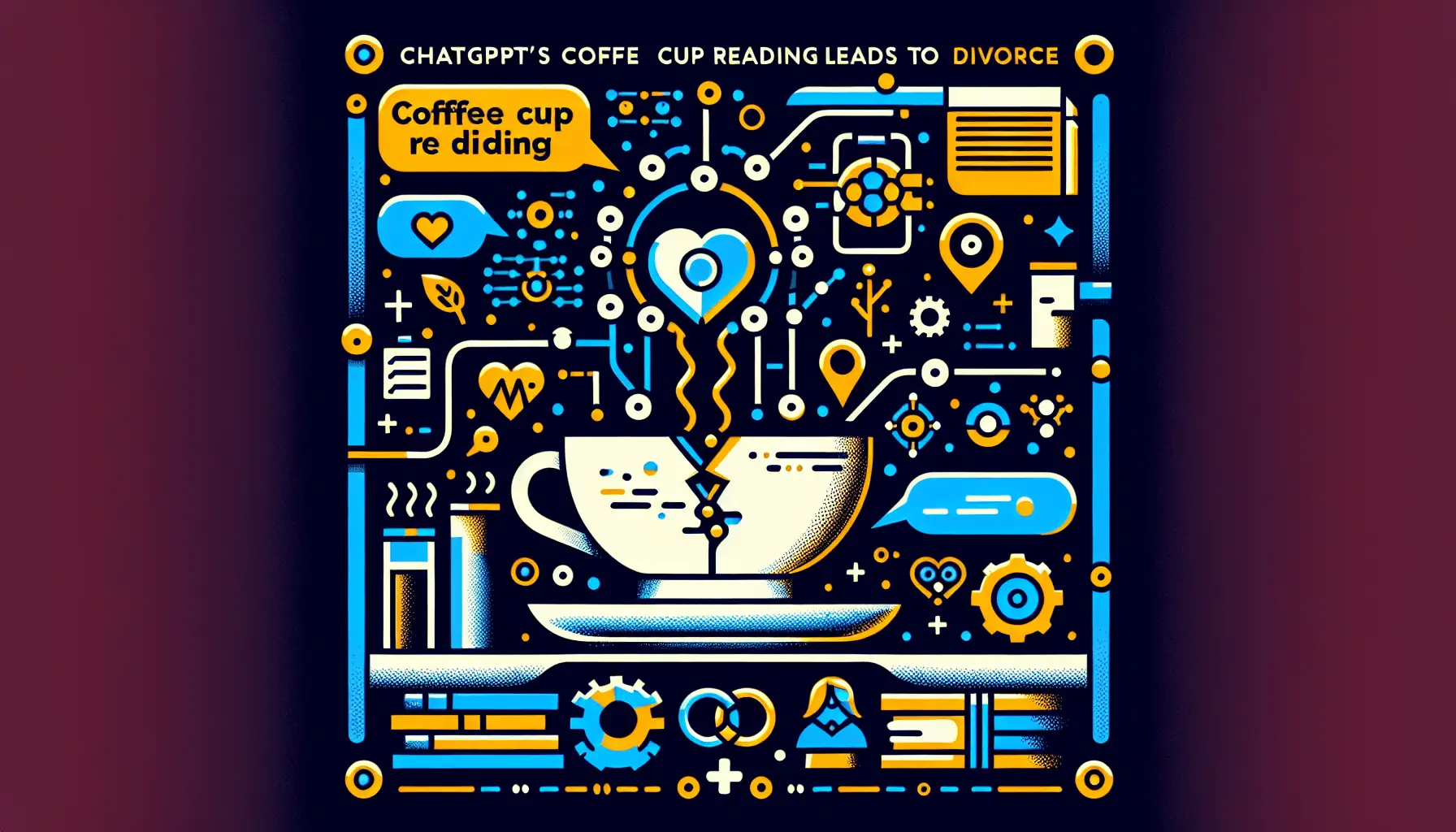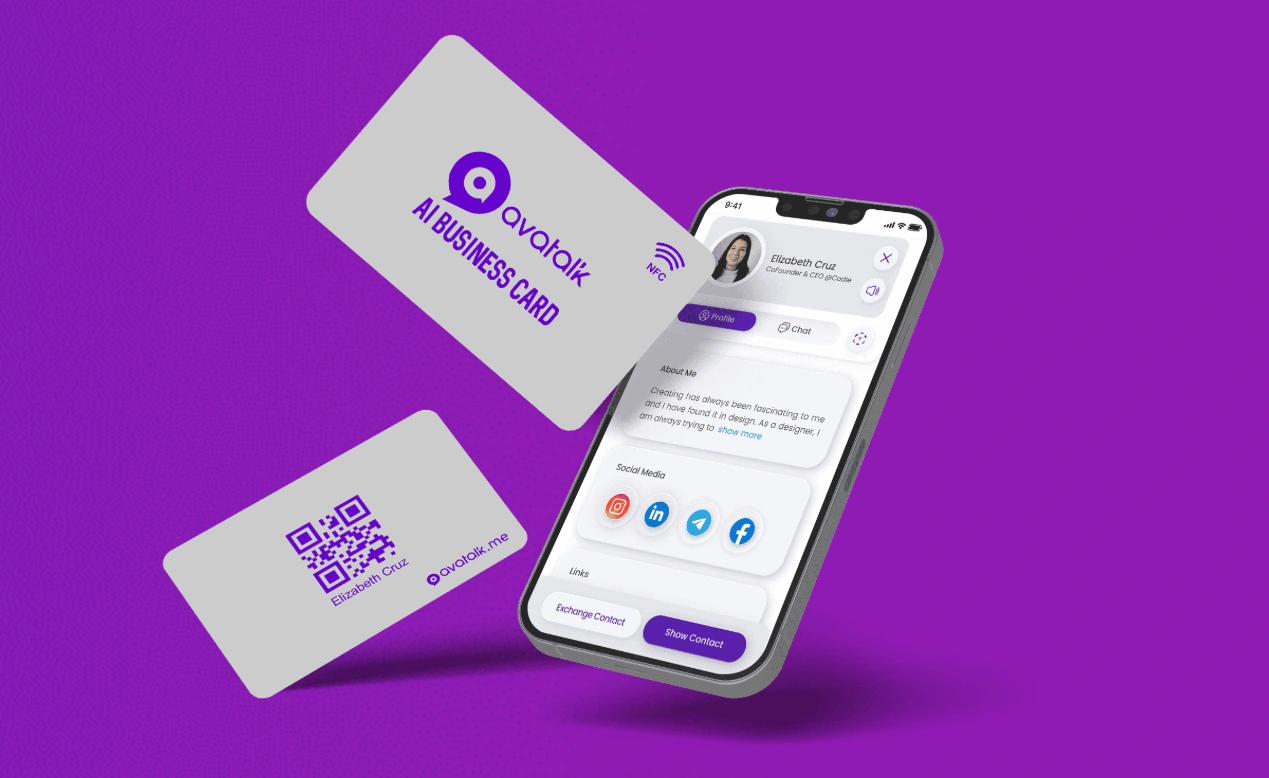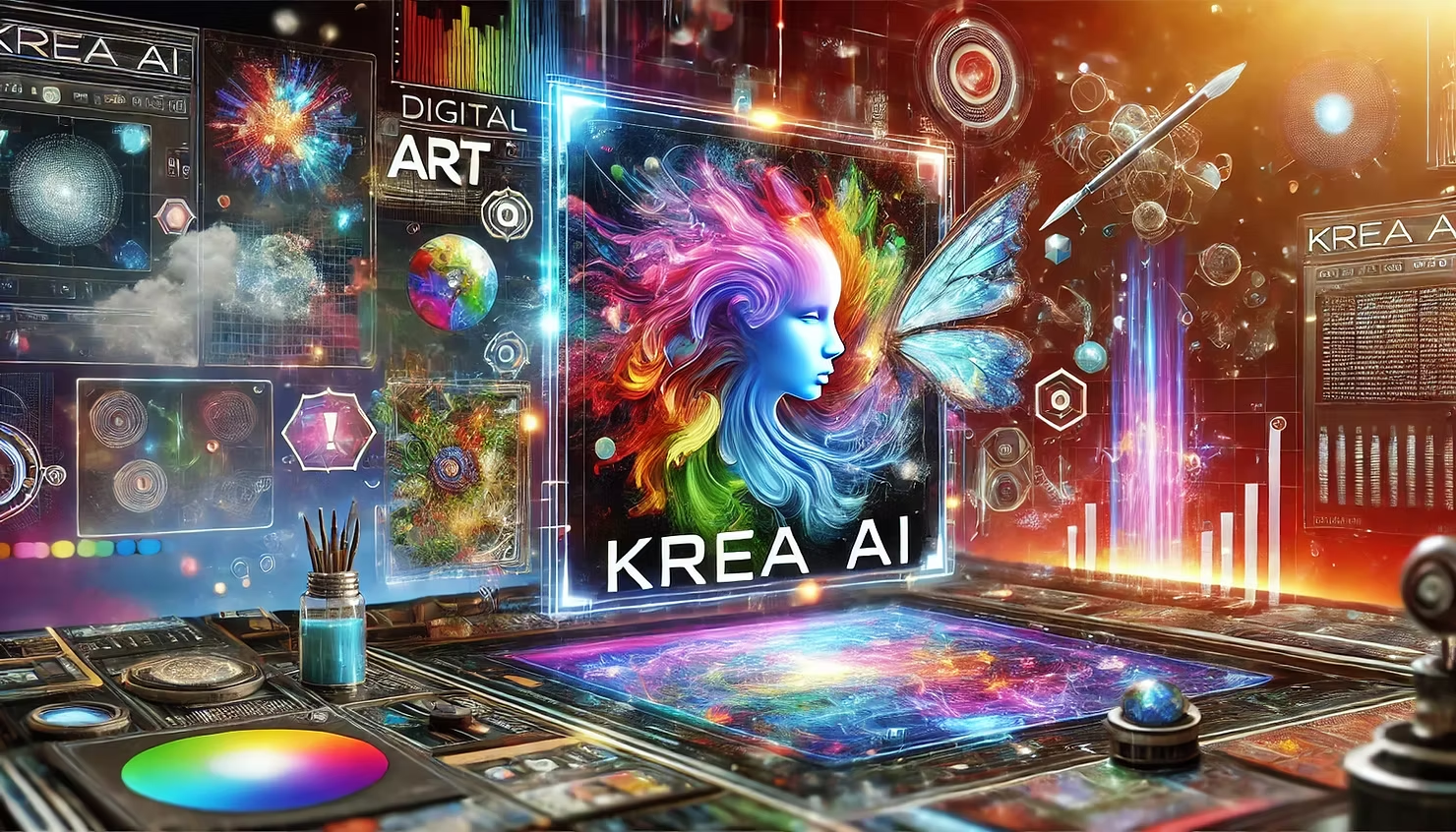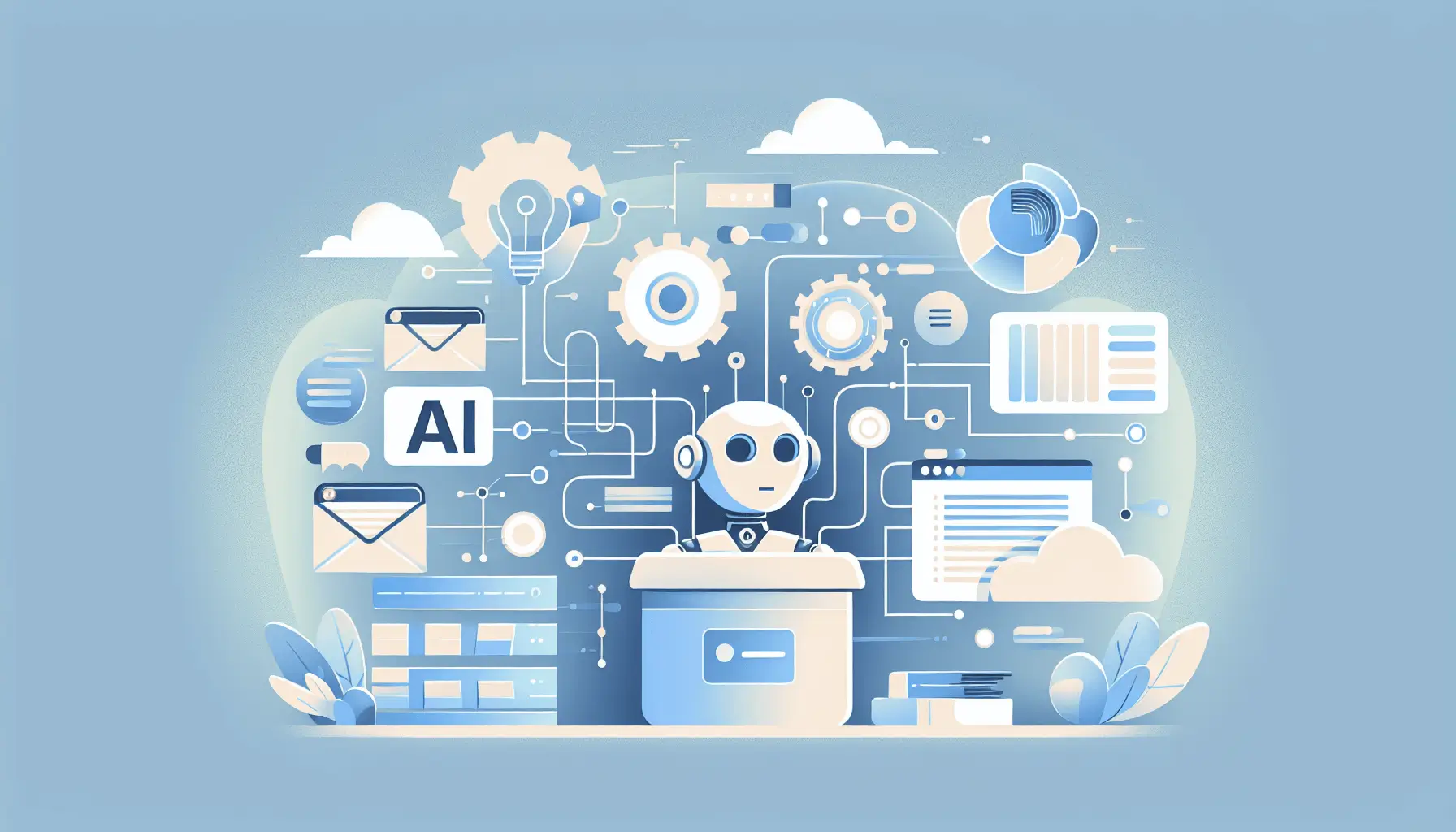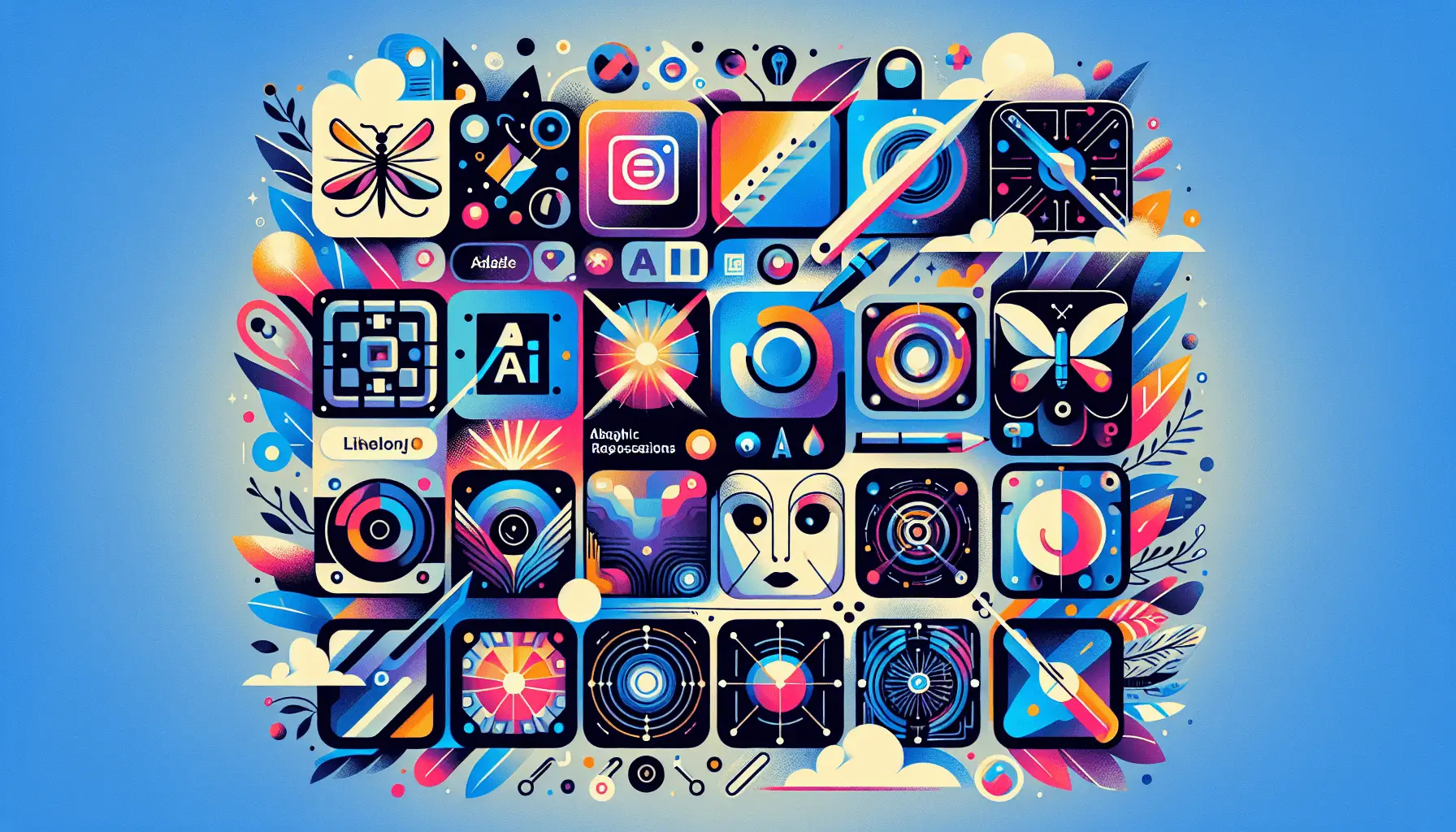AI Predicts Affair from Coffee Cup, Woman Files for Divorce
Imagine this: you’re sipping your morning coffee, enjoying the rich aroma, when suddenly, your spouse decides to play fortune teller with the help of AI. Sounds like a scene from a sci-fi comedy, right? Well, for one Greek couple, this scenario became a reality, leading to a divorce that has the tech world buzzing.
The Unbelievable Tale
In a twist that could rival any soap opera plot, a woman in Greece ended her 12-year marriage after an AI chatbot, ChatGPT, “read” her husband’s coffee cup and predicted infidelity. Yes, you read that correctly. She uploaded photos of their coffee cups to ChatGPT, which then suggested her husband was having an affair with a younger woman whose name starts with “E.” Taking this digital divination to heart, she promptly filed for divorce.
From Coffee Grounds to Grounds for Divorce
Traditionally, tasseography, or coffee cup reading, involves interpreting the patterns left by coffee grounds to predict the future. It’s a practice steeped in culture and, let’s be honest, a fair bit of skepticism. But replacing the local fortune teller with an AI chatbot? That’s a modern twist no one saw coming.
The husband, bewildered by the turn of events, recounted how his wife often got caught up in trends. They had jokingly agreed to have ChatGPT “read” their coffee cups. Little did he know, this playful experiment would lead to him being served divorce papers.
AI: The New Homewrecker?
This incident raises several questions:
- Should we trust AI with matters of the heart?
- Can an algorithm truly understand the complexities of human relationships?
- Are we giving too much power to technology in our personal lives?
While AI has made significant strides in various fields, interpreting coffee grounds to predict infidelity seems a bit… far-fetched. It’s one thing to use AI for coding assistance or data analysis, but relying on it for relationship advice? That might be pushing the boundaries.
Lessons Learned
As developers and AI enthusiasts, this story serves as a humorous yet cautionary tale. It highlights the importance of understanding the limitations of AI and the potential consequences of over-reliance on technology. Just because an AI can generate a response doesn’t mean it’s accurate or should be acted upon without critical thinking.
So, next time you’re tempted to ask ChatGPT to read your coffee cup, maybe stick to using it for debugging code or generating content. After all, some things are better left to human intuition—or at least to professional fortune tellers.
Final Thoughts
In the ever-evolving landscape of AI, stories like this remind us to approach technology with a balanced perspective. It’s a tool, not a crystal ball. And perhaps, when it comes to matters of the heart, it’s best to trust our instincts over algorithms.
